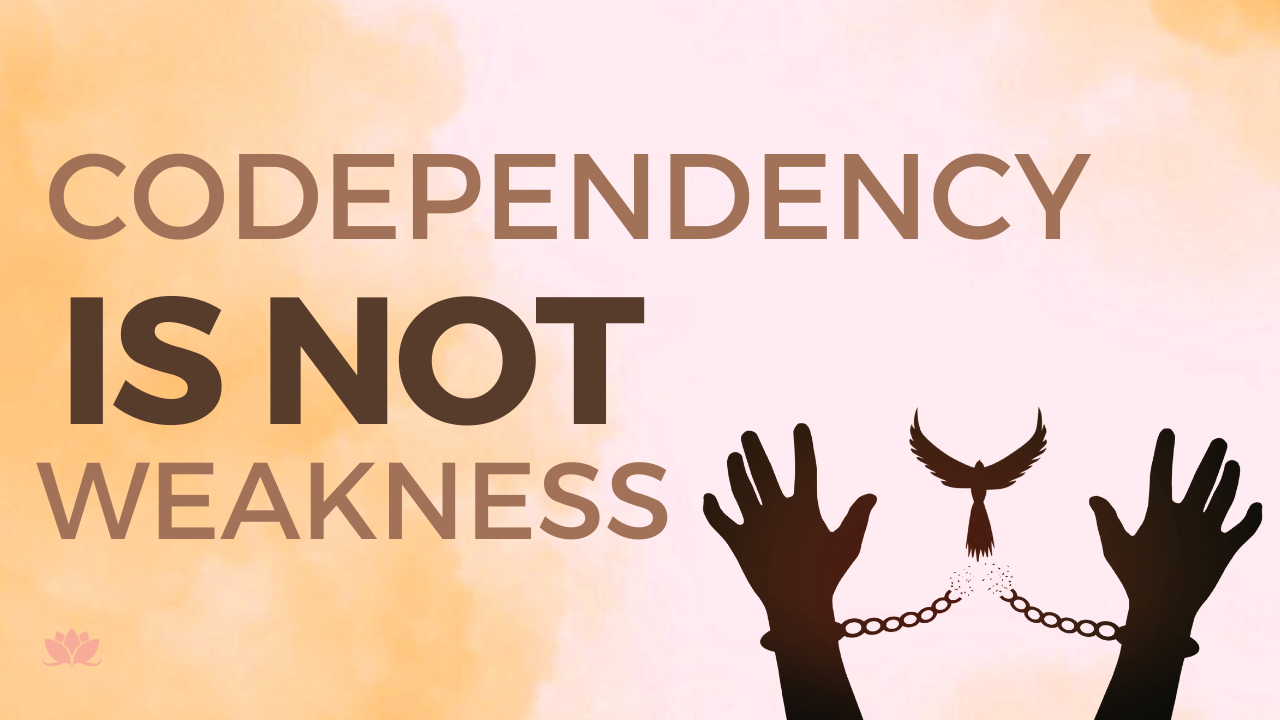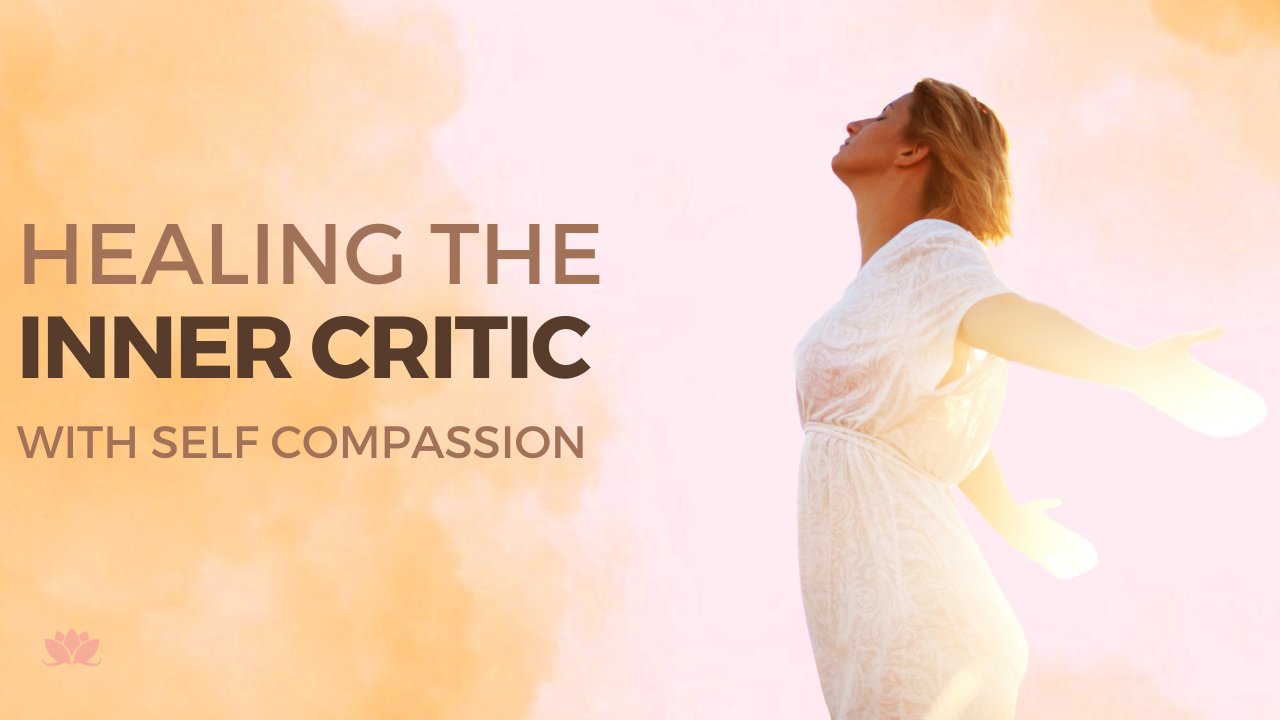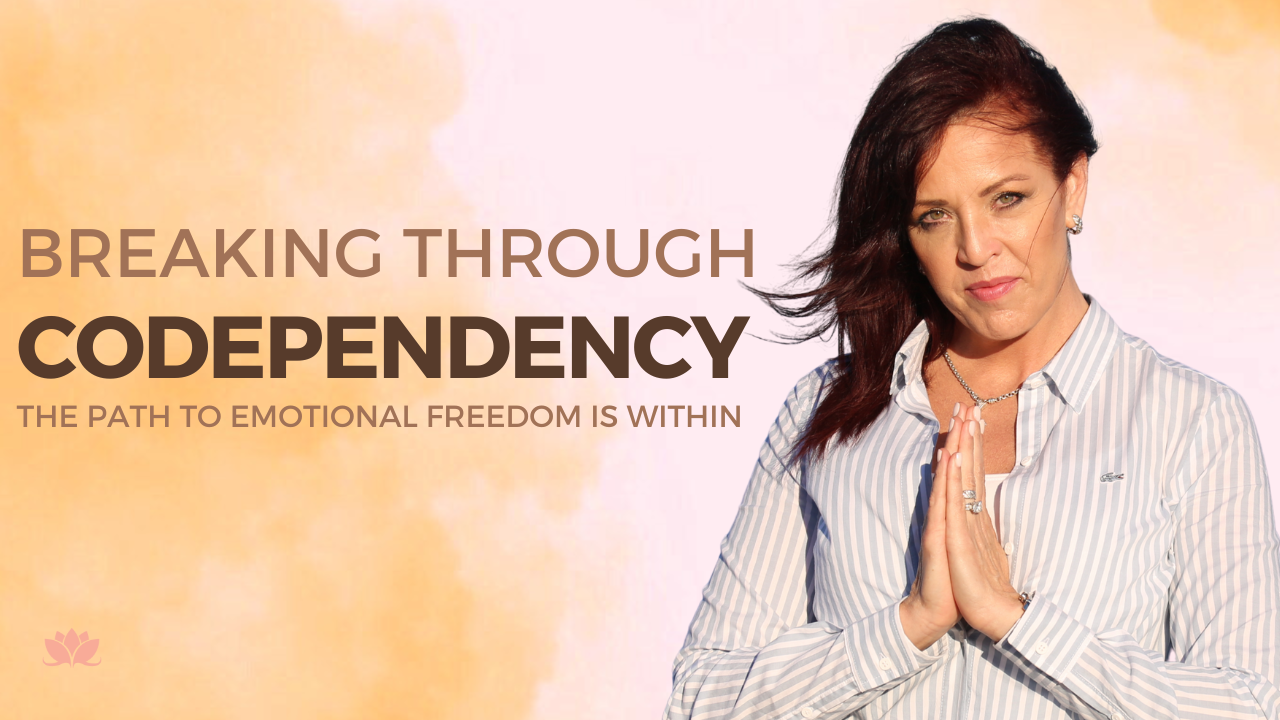How to Set Boundaries
It is probably one of the most emotionally challenging things to do as a human being Setting boundaries with those we love and care about can be difficult and anxiety provoking. So how do we know when we should set a boundary?


Setting Boundaries
It is probably one of the most emotionally challenging things to do as a human being Setting boundaries with those we love and care about can be difficult and anxiety provoking. So how do we know when we should set a boundary?
It is certainly a complicated question and it has helped me to develop a certain protocol around boundary setting. It is not failproof, but having some type of concrete plan has helped me feel less anxious when put in a difficult spot by someone I care about.
Boundaries Formula
1) If someone is talking poorly about me and not to me, that is something I generally brush off unless this person is someone who claims to love, honor and respect me. If I am spoken poorly about by someone who claims to care about me and our relationship, my general rule of thumb is to confront them personally.
It is always best to first ask the person if what we heard is true before we go assuming gossip is absolute. If they admit to what I have shared, then I let them know precisely how what I heard made me feel. If this person then reacts by minimizing my experience, I take that into serious consideration. If that person apologizes and I 'feel' they have understood my position enough to be able to put themselves in my shoes, I may be willing to forgive them and see how the relationship unfolds from that point. However, the relationship has been marred, but that does not mean it is not salvageable. Sometimes these situations can actually help relationships clear the air.
2) If someone takes a physical action and writes an email, posts a social media post that is disparaging, maligning, threatening, and or is simply a flat out falsehood, in some cases I may react in a physical way as well. I may have to write an email directly, letting all the parties know I am aware of what has been done or said. I will ask for an explanation and give people an opportunity to explain why they decided to do what they have.
Depending on their response, I may block those I cannot trust on social media sites. I may then tell others I no longer wish to associate with those who have proven they have the ability to act in a way that is inconsiderate, disrespectful, and callous. The point is when someone takes a physical action and that action manifests in the physical world in a material way, for instance in the form of an email, an affair, a theft of some kind, and alike, then, in that case, a physical boundary is most likely necessary. This, in my opinion, sends a clear signal to the universe that I no longer wish to attract lacking energy into my experiences.
3) Sometimes the best boundary we can ever set is an energetic one. Simply pulling our energy or our attention from a person or situation can work wonders. Before we set physical boundaries, we have to ask ourselves will what we say or do be worth what shows up? In some cases, it is best to not say anything at all and to simply make a decision to stop engaging with people we know we can't trust.
As we can see, boundaries can be quite complicated.
Boundaries are About Safety Not Revenge
Boundaries should not be about judgment or revenge. They should be about acknowledging someone's possible hidden personality and or agenda for what it is and doing what we can to honor what we have discovered rather than deny it is a factor. Or it can be as simple as discerning what relationships offer the most consistent positive flow vs those that do not.
Ever go on a date with someone you just knew was not for you, who kept calling you no matter how nice you tried to let them down?
Or have you ever had a friend introduce you to another friend and you knew the moment you met this person the energy between you was not good, but no matter how kind you tried to be, your friend insisted the three of you hang out?
In both scenarios, we may have needed to set a boundary out of love for the self and for the sake of honoring what was right for us. But that does not mean our need for a boundary may not have hurt the other party. However, a boundary was needed and ultimately all parties have to accept where each individual stands, like it or not.
All too often, boundaries can be used as a weapon to punish someone for not behaving as we would have liked them to. For instance, think about your friend who refuses to allow her sister's kids to come and play with her kids because the sister refused to lie to a friend about where she was going Saturday night. Or what about the friend who is pissed at you because you were unable to answer her text when she wanted you to because you were in a three-hour work meeting. She's so annoyed she refuses to answer your texts now and somehow forgot to mention she wouldn't be able to pick you up at the train station that day.
Lions and tigers and bears oh my!
When boundaries are used properly, they help clarify relationships in miraculous ways. When we let go in love and in light, rather than in anger and revenge, we are simply saying to the universe, "I love myself but I prefer less of that old energy and more of something that feels abundant, free, nurturing, fair, balanced, respectful, and less complicated."
Boundaries Can be Complicated
Sometimes people do things that hurt us although it may not have been their intention to do so. But, when someone takes an action, and their choices damage the faith and trust we had in that person, and we believe that although it was not their goal to hurt us, yet, hurting us was a consequence of their choices, we may still need to enforce a boundary. Think about the spouse who has had an affair and says, "I just fell in love with her but it wasn't my intention to hurt you."
UGH!
Perhaps a spouse does not consciously 'choose' to deliberately hurt their partner. Or perhaps an unfaithful friend did not intend to cause their friend harm or destroy the faith once shared, but that is not the point in question.
We don't always know what to do when we are faced with situations like the ones below.
- What do we do when people we care about do a 'thing' that causes us harm or causes us to lose faith in them?
- What do we do, when those we considered friends, spouses, partners, business associates, and alike take part in actions that cause us to doubt we are a priority in their lives, as much as they are a priority in our life?
- What do we do when someone we care about treats us in a way that we would never have treated them?
Thinking in Grey Rather than Black and White
Healthy relationships must be built on mutual respect. We should not do unto others what we would prefer others not do to us. What most of us forget is, we deserve to be treated by others the way others would have us treat them as well.
If you have been wounded by something someone you love or care about said or did, ask yourself, 'Would I have done that to them?' If the answer is, 'No, I would never have done that to them', you must take into consideration that perhaps you place more value on this person and this relationship than the person who has done or said a thing that signals your relationship is not balanced in terms of mutual respect.
With that in mind, you may not need to block them on Facebook, but perhaps you may wish to pull back how much time you invest in this person or this relationship. Let's face it, most of us have wanted more from someone than they could give, and that is okay. Just because someone can't give us what we want, doesn't mean they're bad people. However, it is up to us to figure out what relationships offer us what we truly desire and to spend time nurturing those relationships rather than being stuck in anger over the idea that someone we've invested in can't or won't invest back.
When we are using boundaries effectively, we are ebbing and flowing with energies and respecting what shows up while we are willing to change where we flow our focus, time, and yes, our energy.
We All Have Unique Triggers and Needs
It is impossible for everyone to know exactly what might trigger someone else and I get that. If I ask someone why they changed their hair color, and that person is triggered by the question because they have grown up feeling like they have to ask for permission to walk across the street, there was no way I could have known that asking them an innocent and curious question about their hair color would trigger a wound in them. And yet, if that sensitive creature told me I triggered her, I still would have apologized for any harm my question caused.
Knowing her trigger, I would make sure to never poke that wound again, honoring her pain and making sure she felt respected. But when someone we love, crosses such an unmistakable line and engages in activities, conversations, and behaviors that cause us to distrust their respect for us, it is then I believe boundaries are necessary.
What boundaries you choose to enforce are unique to each circumstance. I think what we all must remember is, that people who say they love us, should act as they do, and when they don't, that is when we may need to enforce a boundary to help us maintain a more balanced energetic vibe between us and the person we cared about. It's always better to know who you cannot trust, even if the revelation stings like a needle to the eye.
We Get Better at Discernment
As we heal and grow on the personal development path, ultimately our triggers begin to wane naturally. The greater we grow in self-awareness and self-love, the less reactive we become. Along the way, we get to test out the ability to be less dependent upon people to validate us. In time, we are more willing to accept people for who they are. We learn to tell the difference between the friend who is really a covert narcissist and who takes every opportunity to cut us down, from the friend who may have a lot going on, who rarely returns a phone call. While neither is the perfect friend for us, surely there is a great difference in the reasons why we may need to set boundaries with both.
If you would like to learn more about how you can become the best version of you, feel free to follow Lisa A. Romano on Instagram, Facebook, Twitter, and YouTube.
Lisa is the creator of the transformative 12 Week Breakthrough Coaching Program which is helping people become less reactive, and more in alignment with their authentic selves through a groundbreaking systematic approach that leads to emotional sobriety and independence. To learn more you can visit
https://www.lisaaromano.com/12wbcp
To contact Lisa about any of her programs, books, events, or membership site,



